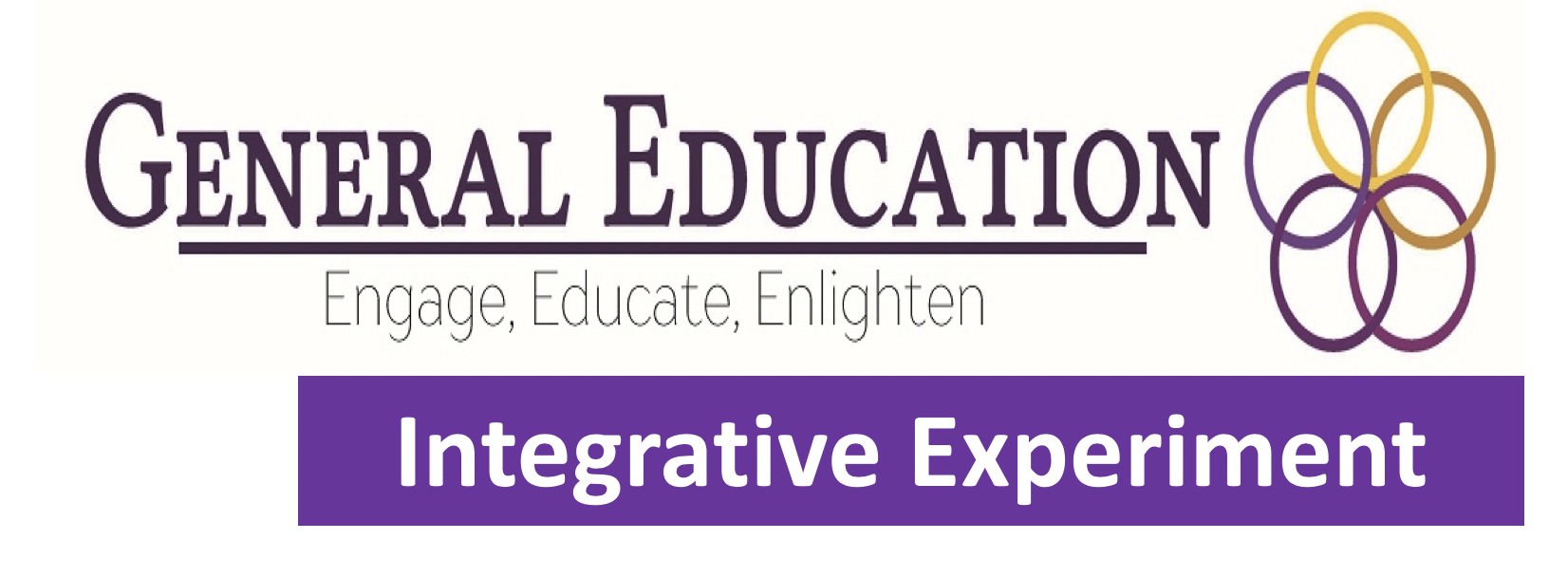Professor Dr. Terry Beitzel
From Black Lives Matter to the Tea Party to Indivisible movements, the role of an informed, organized, and active citizenry in promoting political and social change has never been more prominent. The fundamental human right to organize and advocate is an essential element of a healthy democratic society, yet one that is often misunderstood, threatened, and poorly harnessed by citizens. This course will examine the sweep of civic and protest movements, both current and past, to better prepare students for further study in political and social science as well as their own involvement in what Mary Robinson called “part of the lifeblood of our democracy.” The class will maintain a strict non-partisan viewpoint, and cases will be examined from across the political spectrum.
Focus will be on the practical as well as the theoretical, with participative discussions on how citizens communicate with public officials, the often complex leadership structures of movements, legal frameworks and detailed case studies on the mechanics of citizen organizing. Using the 4VA telepresence room, students will hear from guest lecturers — including leaders from Indivisible, Black Lives Matter, the Tea Party, and Tunisian and Congolese human rights communities – who will illuminate what it is like on the front lines of these movements, whether advocating for a climate change accord in Paris or for better working conditions for poultry laborers in Harrisonburg.
Spring 2018, Spring 2020


Recent Comments